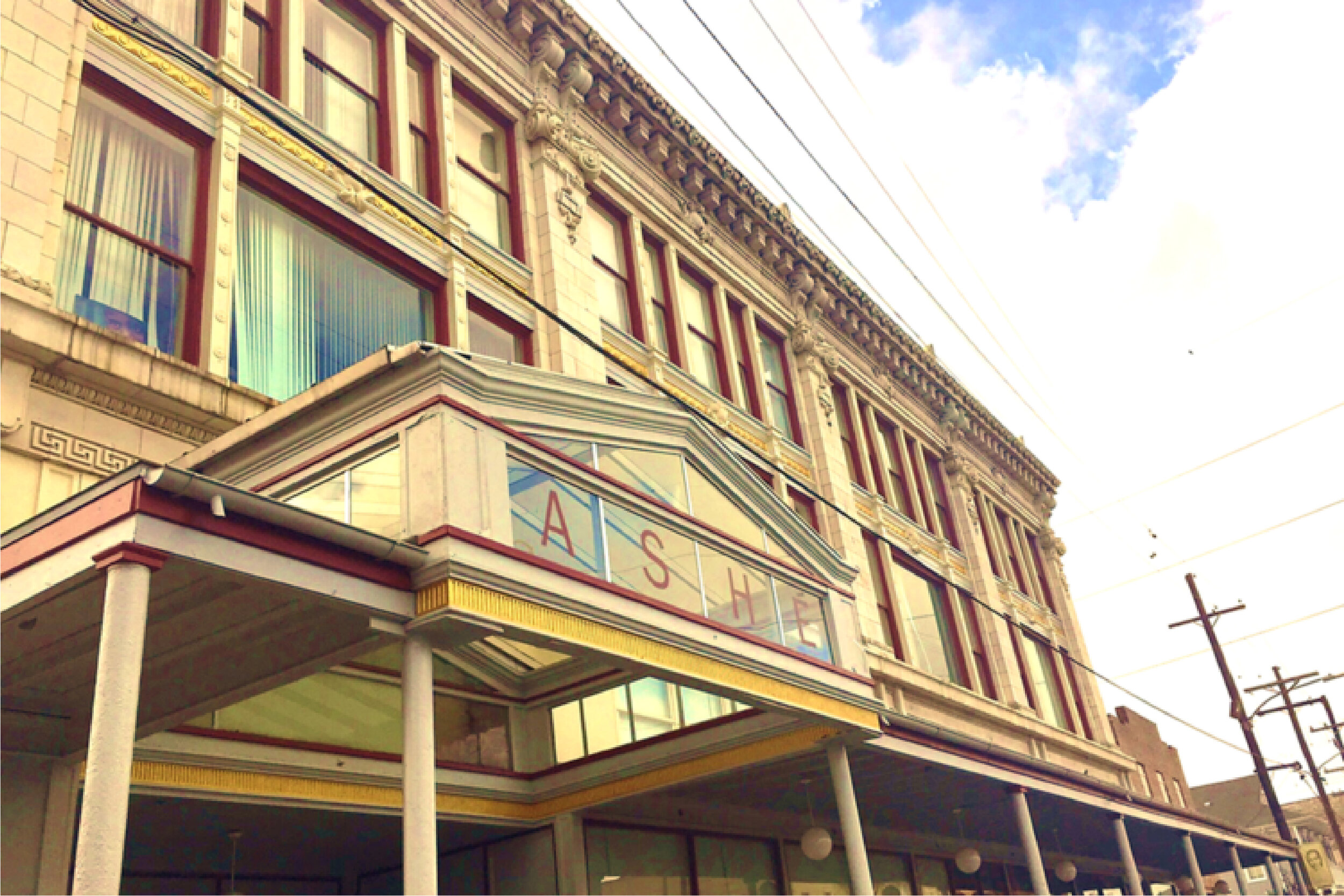
Preserving the Land, Supporting the People: Ashé Visits Grand Bayou Village
The history of New Orleans says that they were all murdered, that there were no survivors, but there were survivors.
Ashé Staff and Friends visit Grand Bayou!
In the continuing spirit of Community Heroes, the Ashe' Family along with volunteers recently had the pleasure of traveling to Grand Bayou Village to help the Atakapa-Ishak Chawasha in the recovery efforts of Hurricane Ida and learning about their heritage and this important piece of Louisiana history:
The Atakapa-Ishak Chawasha don’t measure history with the turning of pages but with the telling of stories. Living along the edges of water in Plaquemines Parish for centuries, their lives and stories have been woven together with nature.
Elder Rosina Philippe recounts how the Ishak and the Chawasha became one, “We were here and the Chawasha they were on the east bank of the river. The Governor of New Orleans was fearful that the Europeans would be out-numbered by the African slaves that they brought here and the Indigenous people, so he ordered a troop of African slaves that they had control of at the time to attack the Chawasha encampment and many people were murdered. Some escaped and they crossed the river and they sought sanctuary with my people. The history of New Orleans says that they were all murdered, that there were no survivors, but there were survivors. They came across the river, they sought sanctuary with my people and that’s how the Chawasha became one with us. Ishak is the name we call ourselves. It means ‘Human being. Person. People.’ Atakapa, our enemies the Choctaw at the time gave us that name. It means ‘cannibal.’ An enemy will curse you. An enemy will not say anything nice about you. When the colonizers came, the European descendants came, that name that was attached to the Ishak served as a deterrent. It stopped them from coming into the territory because they were fearful of ‘the cannibal tribe.’ So because it served our purpose we adopted it, we kept it because it kept the outsiders away.”
The Atakapa-Ishak Chawasha have always seen the land and the water as living things, and, because of this, during hurricane season they’ve never had an accident or a fatality. “We’d pack up the village, the families, the children, the pets, the medicine plants, everything would be on the boats and we’d go like a flotilla away from where the storm was coming in at and we would find a safe harbor in a dead-end behind some kind of earthen bern , a dead-end canal…maybe with trees on it. You’d cross-tie to the bern and into the trees. You’d put the bow of the boat into the bern and tie off so that when the waters edge you are not in that main flow because you’re in a dead-end canal so there’s no flow through. And the trees serve as a wind break and so when the storm came through men would adjust the tensions in the ropes to adjust for the water height. We maintained a sense of community togetherness…we still have community support during and during the aftermath of the storm and we would recover together as a community…still living our life way.”


